Blockchain sounds like a big, fancy word. But at its heart, it’s just a way to store data safely. And one special tool makes it all work — the hash. In this article, we’ll explain how a hash works, why it’s so important for blockchain, and how it keeps your data safe. Don’t worry — no coding needed, no complex math. Just simple, clear ideas that you can understand.
|
|
What Is a Hash?
A hash is a short code made from data. You can think of it like a digital fingerprint. Every piece of data gets its own unique hash.
Simple Example:
Say you type:
“I love pizza”
A computer turns that into a long string of letters and numbers like:
e10adc3949ba59abbe56e057f20f883e
That’s the hash.
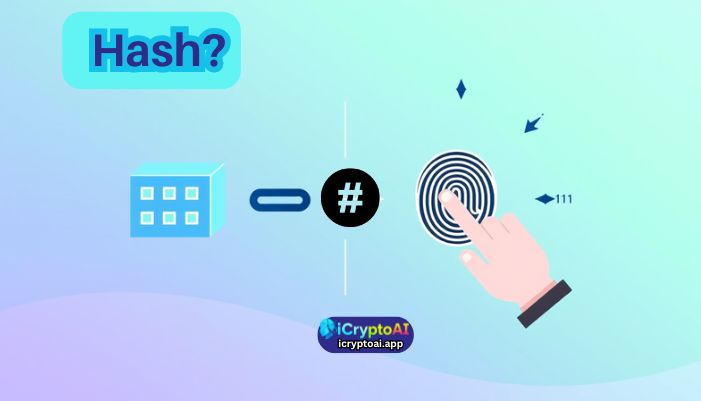
If you change even one letter — like “pizza” to “pizzas” — the hash will be totally different.
This helps computers quickly tell if anything has changed.
How Do Hashes Work in Blockchain?
Blockchains are made up of blocks — little packages of information. Each block has:
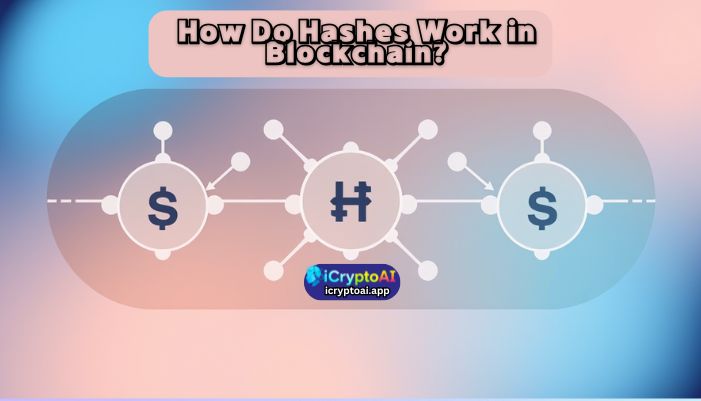
- A list of transactions
- A date and time
- Its own hash
- The hash of the block before it
Because each block knows the hash of the one before it, they all link up — like a chain. That’s why it’s called a blockchain!
What If Someone Tries to Change a Block?
Let’s say someone tries to change a transaction in an old block. That changes the hash of that block. Since the next block checks that old hash, it knows something is wrong.
This makes it very easy to catch tampering. It’s like a row of locked boxes — if you open one, they all break.
What’s Inside a Block?
Here’s what you’ll usually find:
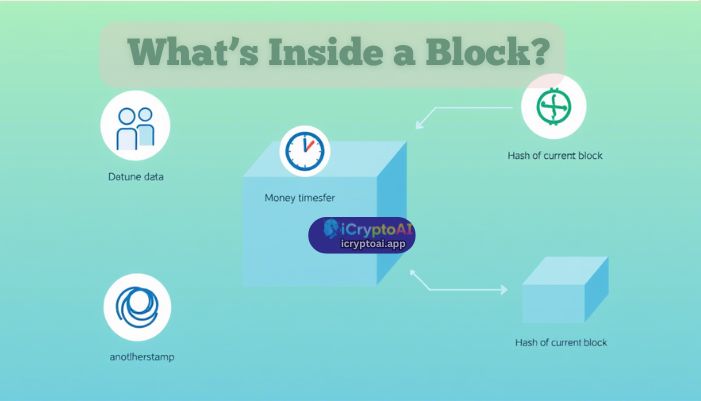
- Data – like who sent money and who got it
- Timestamp – when it happened
- Hash of current block
- Hash of the previous block
The hashes act like glue, keeping everything in place. If you try to move one piece, the rest come loose.
How Is a Hash Created?
It’s actually simple for the computer. It follows a few steps:
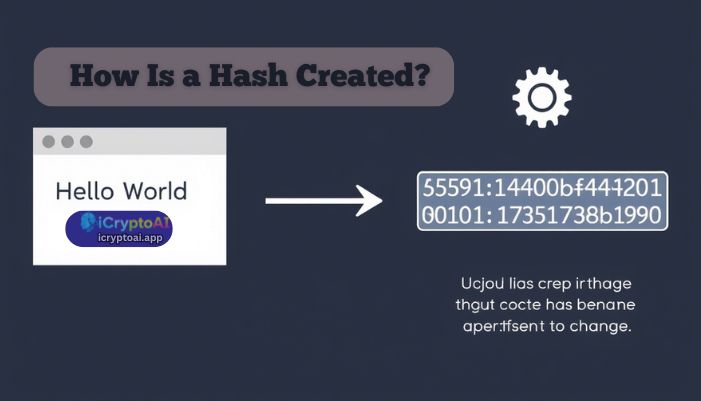
Step 1: Collect the data
It could be a message, a picture, or a bunch of numbers.
Step 2: Use a hashing tool
The computer runs the data through a hashing formula (called an algorithm). One common one is SHA-256.
Step 3: Create the hash
The computer spits out a unique code (the hash). It’s always the same length, no matter how big the data is.
Example:
Input: “Hello World”
Hash: a591a6d40bf420404a011733cfb7b190
Even one letter change gives a completely different hash.
How Hashes Make Blockchain Safe
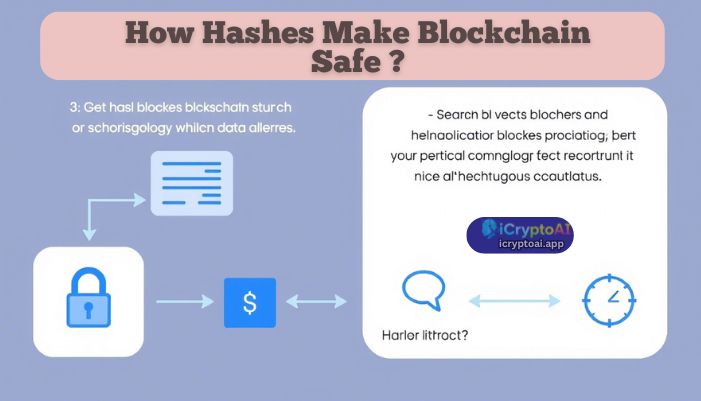
Here’s how hashes protect data on the blockchain:
1. They Show If Data Changes
Even the tiniest change in data makes the hash change. This helps find errors or tricks fast.
2. They Keep Blocks in Order
Every block uses the hash from the one before it. This keeps the chain tight and hard to break.
3. They Stop Hackers
If someone tries to fake a block, they must change every block after it — and that takes way too much power and time.
What About Mining and Proof-of-Work?
In some blockchains like Bitcoin, there’s another thing happening — it’s called mining.

What’s Mining?
Mining means finding a special hash that fits a rule (like one that starts with four zeros). This takes lots of guesses.
Whoever finds the right one gets to add a new block and earn rewards.
Why It Helps
It makes it hard for bad actors to cheat. They’d need to redo all the work for every block they try to change. That’s not just hard — it’s nearly impossible.
5StarsStocks.com: A Smart, Simple Way to Pick Stocks in 2025
What Kinds of Hashes Are Used?
Not all blockchains use the same hash formula. Here are some examples:
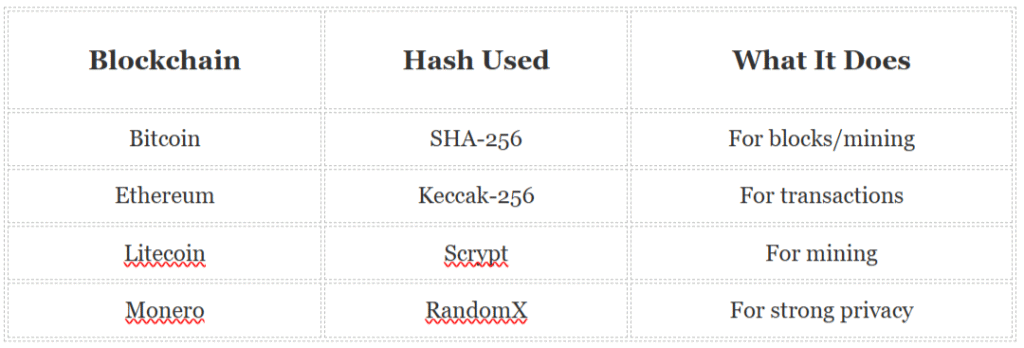
Each one is chosen for speed, safety, or special features.
What Happens If a Hash Fails?
If the hashing method breaks or becomes too weak, big problems can happen:
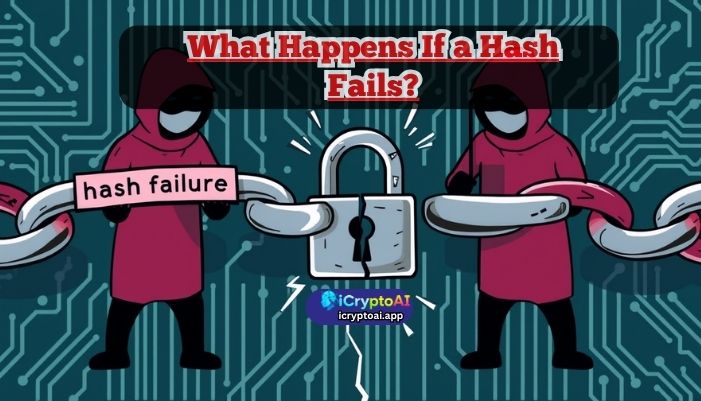
- Hackers could change data without being caught
- Fake transactions could slip in
- Trust in the blockchain would vanish
That’s why developers work hard to make sure hashing stays strong.
What’s Next for Hashing?
There’s a lot of talk about quantum computers. They could be powerful enough to break some old hashes.

That’s why smart people are working on new hash types that even quantum computers can’t crack.
It’s like building a better lock before someone makes a better crowbar.
FAQs About Hashes in Blockchain
Final Thoughts
Let’s recap what we learned:
- A hash is like a digital fingerprint
- It keeps data safe and blocks in order
- It shows if someone tries to cheat
- It’s fast, smart, and very hard to fool
Without hashing, there would be no blockchain. It’s that important. So next time you hear “blockchain,” remember the tiny hash — quietly doing the big job of keeping everything safe and honest.



